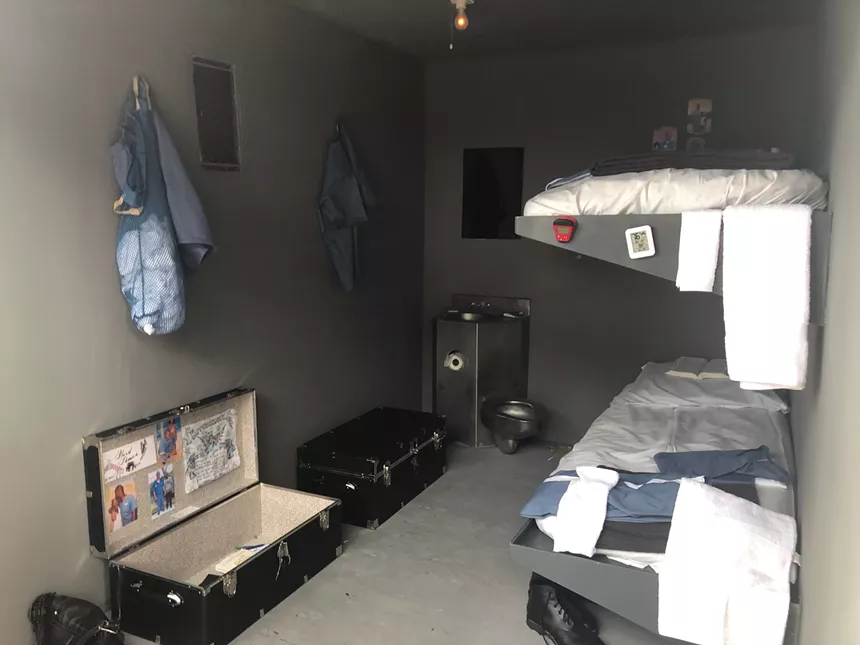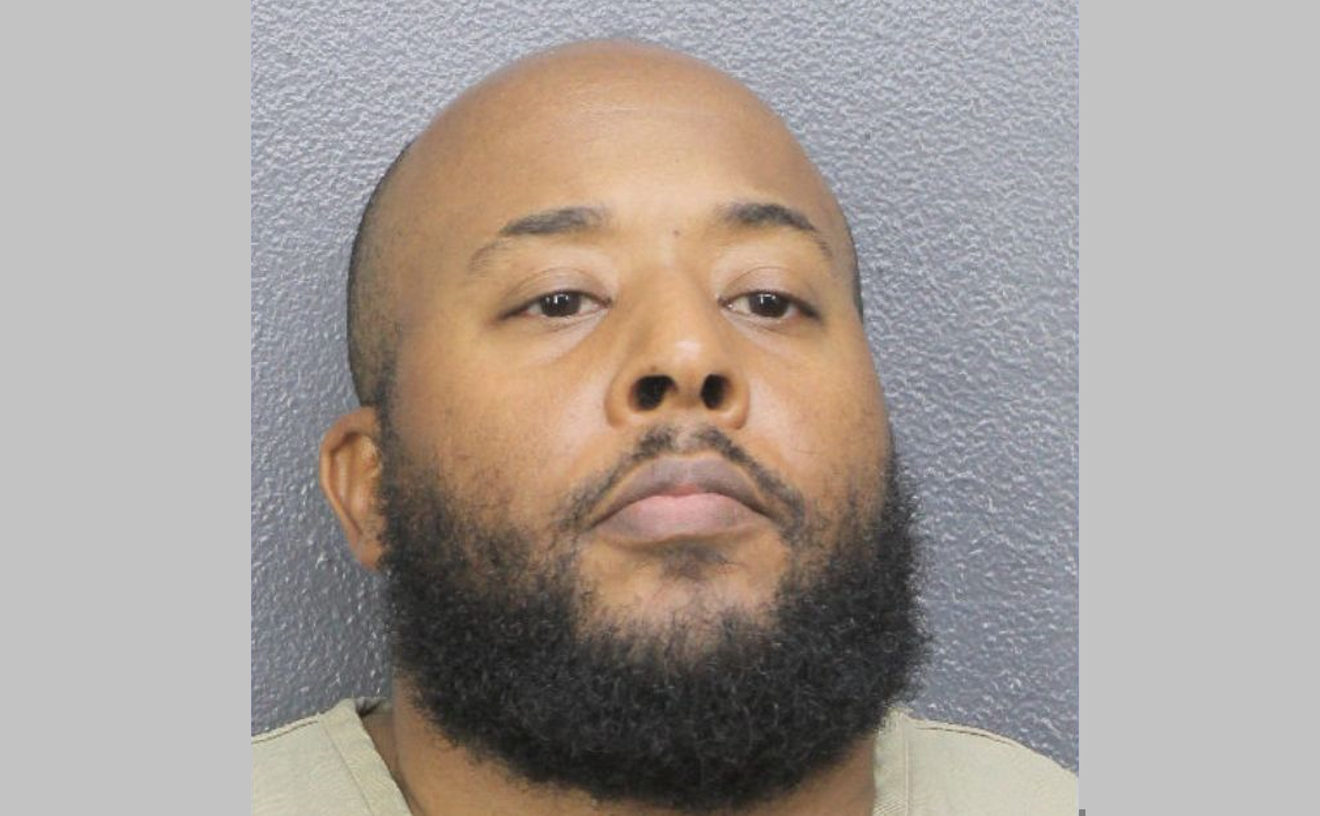"Then you'd go back to bed and sleep for about another hour. You'd wake up, and your clothes are totally dry," Philipsen tells New Times. "And you'd get back up and jump in the shower again. And that's how you spent your nights."
Like many Florida prisons, the aging facility near Ocala lacks air conditioning in its dorms. Philipsen consequently spent much of her eight-year sentence at the facility in a constant battle with the heat, finding little relief from fans in the dorms and opening windows for comfort only to welcome bugs that she'd later find crawling in her bed.
"It was very, very difficult," Philipsen says. "I mean, I'm home since 2018 and I cannot imagine with the climate that we have today, living without air conditioning in those facilities."
Philipsen and other prison-reform advocates have long drawn attention to, and questioned, the lack of AC in Florida's prisons, especially as the state continues to see record-breaking temperatures. According to the Florida Department of Corrections (FDC), 18 of its 50 state prisons have air-conditioned dorms. Only about 24 percent of housing units in the state-run prisons have any air conditioning.
But while many facilities still remain without cool air, the Florida Department of Corrections confirmed to New Times that Lowell –– the largest women's prison in the state –– might finally get AC in its housing units.
An FDC spokesperson says the department is testing out a portable AC unit at the facility.
"Recently, FDC welcomed an on-site demonstration to observe a portable evaporative air cooler’s efficiency within a housing unit," the department wrote in a statement to New Times. "After evaluating the unit’s ability to provide supplemental climate control in these units, FDC purchased three of the units to begin a longer-term pilot of the unit and will continue to monitor their performance with an ultimate goal of further mitigating heat while maintaining a safe environment for inmates and staff."

A simulated prison-cell experience at the University of Miami in 2019.
Photo by Jess Nelson
The department did not immediately respond to additional questions regarding what brand and type of portable evaporative coolers were purchased, how much they cost, and why Lowell was chosen for the pilot.
Opened in April 1956 as the Florida Correctional Institution, the first Florida prison for women, the sprawling facility is situated amid horse farms and racetracks in north-central Florida and can house up to 3,000 women. Lowell has employed a geothermal cooling system in some dorms rather than AC or fans, although agency officials admitted it hasn't worked very well, according to a 2017 Miami Herald article by Julie K. Brown, whose reporting prompted a federal investigation into civil rights abuses at Lowell.
One of Florida's most notorious prisons, Lowell has a history of inmate sexual abuse and mistreatment, with one lawmaker who visited the facility in 2019 describing the conditions inside as "less than human." After a U.S. Department of Justice investigation revealed in 2020 that rampant abuse was swept under the rug by Lowell officials for years, former prisoners pushed to have the facility shut down.
And then there's the lack of AC.
While the FDC maintains that every one of its facilities has some form of climate control — whether it be fans, exhaust systems, or air conditioning — the nonprofit Prison Policy Initiative sees the absence of AC in most Florida prisons as a form of human-rights abuse. The group released a report in 2019 characterizing the lack of AC in prisons in Florida and 12 other southern U.S. states as "cruel and unusual punishment."
As previously reported by New Times, after Florida Cares director Denise Rock lobbied then- FDC secretary Julie Jones to stock cooling towels and personal fans for prisoners in 2018, the corrections department began selling the towels and moisture-wicking shirts at the inmate canteen (where prisoners purchase snacks, personal hygiene items, and other items) in 2020.
Philipsen feels the state's move to install AC at Lowell has been a long time coming. She says forcing people to stew in scorching Florida temperatures without cool air is inhumane.
"They [are] incarcerated, but they're still a resident of the state, and the legislative body is responsible for all residents in the State of Florida." she says. "You can't pick and choose who you want to be responsible for."











